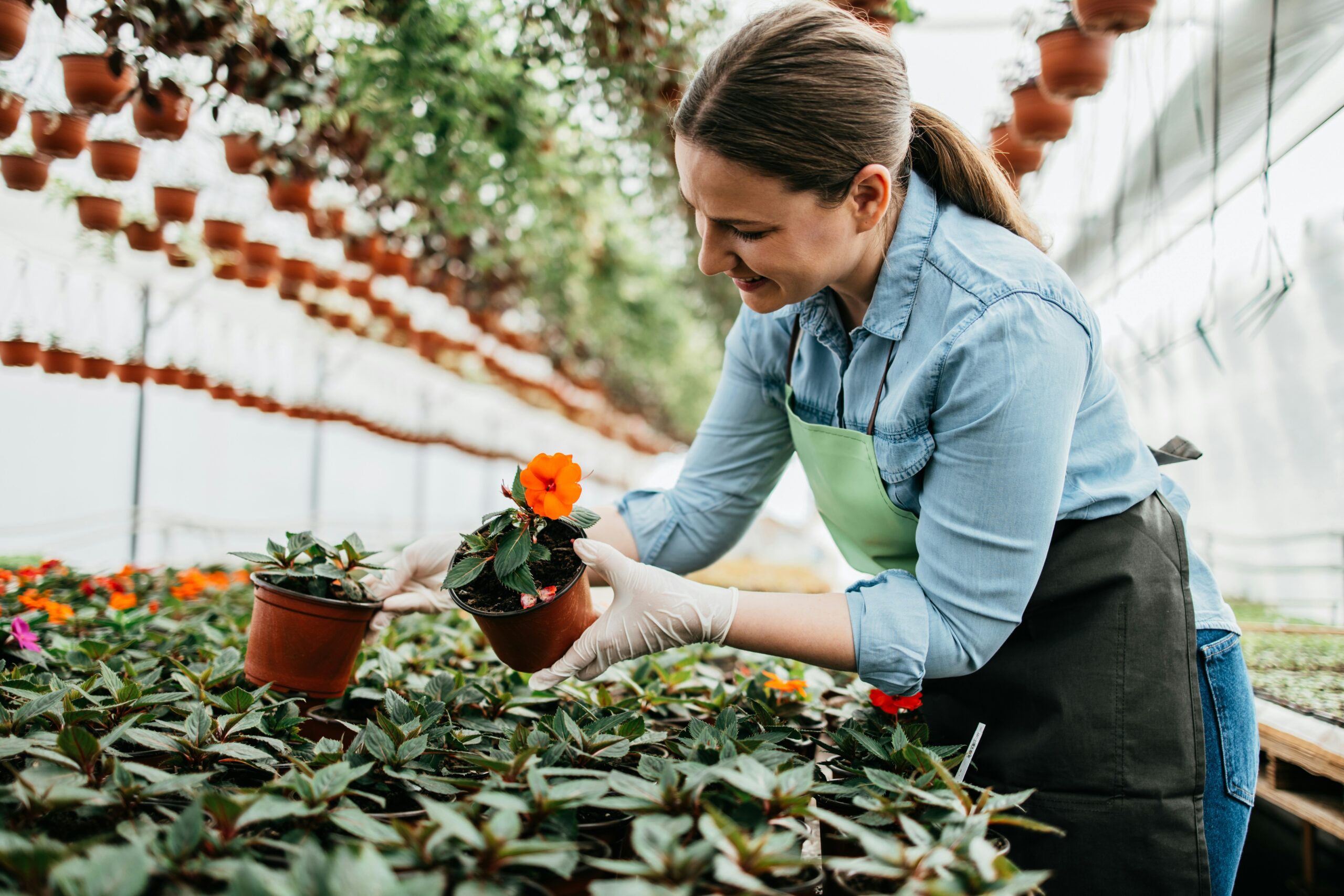
Gardening is more than just a hobby; it can also be a powerful therapeutic tool for mental health. Nurturing plants can provide a sense of calm, purpose, and connection to the natural world. In this article, we’ll explore the healing power of plants and how gardening for mental health has become an essential practice for many seeking to improve their emotional well-being.
Gardening as Therapy
The practice of gardening is not just about cultivating plants; it’s about cultivating a sense of peace and well-being. Gardening therapy is widely recognized as a treatment that offers psychological and physical benefits. When individuals engage in gardening, they often experience a reduction in stress levels, an improvement in mood, and an increase in overall satisfaction with life.
Gardening allows individuals to focus on something positive and productive, which helps distract from daily worries or mental health challenges. This therapeutic activity encourages mindfulness, assisting participants in remaining in the present moment while they nurture and care for their plants. Watching a plant grow and flourish can provide a sense of accomplishment, giving gardeners a tangible and gratifying reminder of their progress.
The Science Behind Gardening and Mental Health
Numerous studies show the positive effects gardening has on mental health. It’s proven to reduce symptoms of anxiety, depression, and even PTSD. Gardening encourages physical activity, which can release endorphins—the body’s natural mood enhancers. Being outdoors and engaging in physical tasks, such as planting, weeding, and watering, can significantly improve mental clarity and reduce negative emotions.
Gardening has also been linked to improved cognitive function. The repetitive nature of tasks like planting seeds or trimming leaves can stimulate the brain, enhancing focus and concentration. The natural light and fresh air also improve mood and boost vitamin D levels, crucial for maintaining mental health.
Benefits of Gardening for Mental Health
Stress is a common trigger for various mental health issues. Gardening offers an excellent way to combat this. Digging, planting, and tending to plants provides an outlet for pent-up emotions and helps calm the nervous system. It also provides a sense of control, especially when life feels chaotic or out of control. Many gardeners report feeling more relaxed after spending time in their gardens, thanks to the therapeutic nature of tending plants.
Increased Physical Activity
Gardening encourages regular physical activity, which directly impacts mental health. Engaging in moderate exercise, such as bending, stretching, or lifting gardening tools, helps release endorphins, the body’s natural stress-relief chemicals. Physical activity can also improve sleep quality, increase energy levels, and elevate mood, which are essential for maintaining good mental health.
Caring for plants and watching them grow can offer a deep sense of accomplishment. This, in turn, boosts self-esteem and helps gardeners feel more confident in their abilities. Completing tasks like planting flowers or vegetables provides a tangible sense of achievement, which can combat feelings of worthlessness or depression.
Mindfulness and Meditation
Gardening provides an opportunity to practice mindfulness. Focusing on simple tasks, such as watering or pruning, requires individuals to be present and aware of their surroundings. This mindfulness practice can help reduce anxiety and promote relaxation. In essence, gardening becomes a form of moving meditation, where individuals can find peace and stillness in tending to their plants.
There is something inherently grounding about being connected to nature. Gardening for mental health fosters a relationship with the earth, which can lead to feelings of tranquility and connectedness. Being outside in nature helps individuals escape the noise and pressure of daily life, providing a space for reflection and introspection.
If you’re new to gardening, start with simple plants that are easy to care for, such as herbs or succulents. Over time, you can expand your garden as you gain more confidence and experience. Starting small will ensure that gardening remains a source of enjoyment rather than stress.
Create a Routine
Incorporate gardening into your daily routine. Spending a few minutes daily with your plants helps you stay connected to your garden and reinforces the calming benefits. Whether watering your plants in the morning or pruning in the evening, a regular gardening practice can help ground you and foster mental clarity.
Gardening with a Purpose
Consider growing plants that bring additional benefits, such as vegetables, fruits, or flowers with soothing scents. Not only does this create a sense of accomplishment, but it can also improve your overall well-being. For instance, cultivating a vegetable garden allows you to eat fresh, homegrown produce, which can improve your physical and mental health.
Take Advantage of Garden Therapy Programs
Many communities offer gardening therapy programs that are specifically designed to help individuals struggling with mental health challenges. These programs provide a supportive environment for participants to engage with plants in a therapeutic setting, offering a space for social interaction and emotional healing.
Gardening and the Healing Process
Gardening is an invaluable tool for mental health recovery. Whether you’re coping with everyday stress, anxiety, depression, or a more serious mental health condition, gardening provides a unique and powerful form of therapy. The connection to nature, the satisfaction of watching plants grow, and the calming effects of gardening offer individuals a way to take control of their mental health and well-being.
By integrating gardening into your daily life, you can experience a positive transformation that benefits your mental and physical health. Gardening embodies plants’ therapeutic power, allowing you to cultivate peace, relaxation, and healing from the inside out.
Gardening for mental health is more than just a pastime; it’s a proven therapeutic tool that offers a range of benefits for emotional and psychological well-being. From reducing stress and anxiety to increasing self-esteem and mindfulness, the healing power of plants cannot be underestimated. Spending time with nature and tending to plants can create a peaceful environment that promotes healing and fosters mental clarity. So, why not start today? Your mental health may bloom in ways you never imagined.